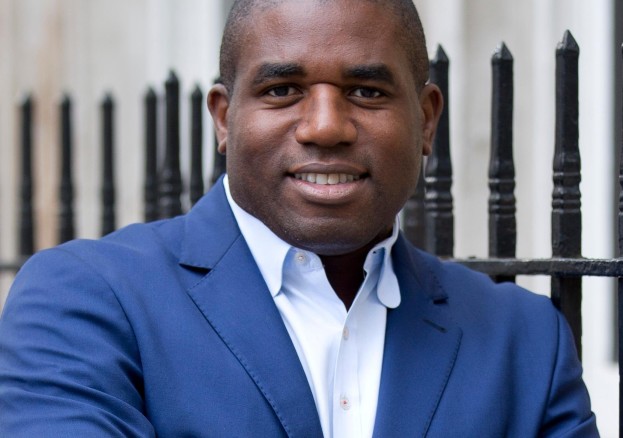
The groups of black men and women who have made their homes in the UK since at least the 12th century. The sacrifices of the Windrush generation who helped rebuild our country following the catastrophe of World War Two. The generations of Britons with African heritage who followed them, adding so much to our art, culture, economy and way of life. But Black History Month is also a chance to consider the state of where we are on race as a nation, and to decide which lessons to take from our past.
An honest assessment of our current trajectory is deeply concerning. We are living in a moment where racially motivated hate crimes are rising to unprecedented levels. Xenophobia and hate is spreading like wildfire both online and on our streets. A resurgent white supremacist movement is gaining currency across the western world.
Yet as recently as ten years ago, you could have been forgiven for believing that progress moved in a straight line. The civil rights movement in the second half of the 20th century triggered emancipation for black people far beyond North America. In liberal democracies like the UK, overt racism became less prevalent in the decades that followed. Fixing historic injustices has been slow, but politicians at least began to grapple with the reality of discrimination against ethnic minorities in the workplace, the justice system, universities and elsewhere.
Crucially we started to replace ethnic nationalism with a civic nationalism. The former suggested that being British meant being white and having ancestors who have lived on these islands for generations back. This is what flourished in the era of colonial Britain, where the oppression of foreign peoples was justified by the idea that people with different skin tones were essentially different. The latter, civic nationalism, is an inclusive conception of national identity which has nothing to do with genetic heritage. It says that Britishness should be based on shared values and institutions, as well as a commitment to build a shared future around them.
The next few years will mark a crucial turning point in British history, which will have particular consequences for black people. This is when we will settle on one of the two competing ideas of national identity. How should we act when faced by this stark choice?
The first option is to act complacent. We can sit back and watch as ethnic nationalism takes over our politics and our culture, leaving Black Britons rights and opportunities under threat. Historically, this would mark a regression to divisive ideas of Britishness, which many of us believed we had abandoned long ago.
The alternative is to start the fight-back for a civic nationalism. Begin a defence of the civic Britishness identity, which is open all races, classes, men, women, as well as people from cities and towns. Together we must now stand up for the rights and protections our ancestors fought so hard to win. If we have learnt anything from our history, we will give everything to protect them.
